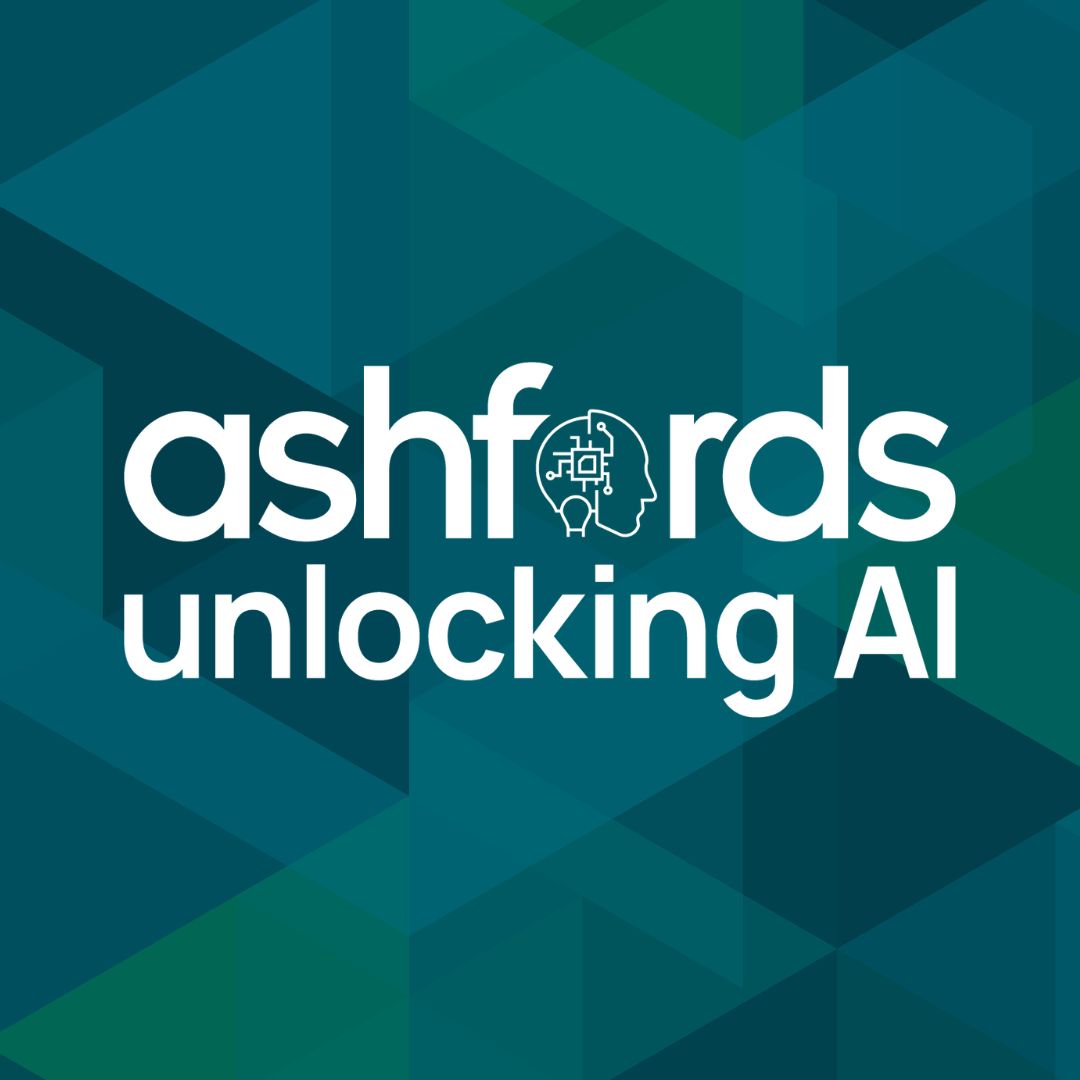One day before the AI Safety Summit we joined an international panel to talk about the current state of AI regulations in the UK, US, China and EU/Denmark. We discussed the differences and similarities among these jurisdictions when regulating more advanced AI systems and what it practically meant for businesses and our own legal practice. We acknowledged that while the UK, US and China had taken a more vertical, principles-based approach, the EU had adopted a horizontal and descriptive approach to regulate AI. The panellists provided some practical ‘top tips’ for businesses to consider when adopting AI systems.
Our webinar recording is available here and free to watch.
One of the key takeaways from our roundtable discussion was that regulators take into account many factors to address issues emerging from the rapid growth of AI technology. One of those issues is how to regulate technologies that traverse borders like AI, while domestic laws are inherently bound by jurisdictions. Despite any underlying competition among nations to be a leader in this field, the nature of the technology calls for cooperation.
It is thus no surprise to see that before and after the AI Safety Summit, “collaboration”, amongst other key drivers such as “safety”, is high on regulators’ agenda. The UK, US, China, EU and other countries released the Bletchley Declaration committing to cooperate internationally to make sure that AI (particularly ‘frontier AI’) are designed, developed, and used safely. G7 governments have also published the International Guiding Principles and voluntary Code of Conduct to promote international cooperation in AI governance. The UK Safety Institute has been launched and the US has also established the US Artificial Intelligence Safety Institute. Part of the UK Safety Institute’s remit is to examine, evaluate and test new types of AI to understand new models’ capability, and share knowledge with international partners, policymakers, private companies, academia and civil society.
Keeping up with the constant news feeds on AI development can be overwhelming, whether you are a business thinking about adopting a new AI system or developing one. We have seen a diverse range of reactions to the recent development of AI – from the worry about a total loss of control of the technology which may cause irreversible harm, to doubts about whether the current AI craze in the market is purely a marketing hype. After all, there have been many ‘AI winters’ where AI investment and research slowed down due to the fact that the technology capability did not match up to expectations.
Regardless of one’s perception about AI, the next 12 months will be a busy period for regulators in the UK. As previously mentioned, the UK’s current approach is to utilise the existing legal framework to regulate AI. Following the publication of the UK White Paper on AI regulation, regulators will be expected to publish non-statutory guidance over this period before considering introducing legislation. In their recent feedback statement the FCA and the BoE have provided a summary of the response to DP5/22 on Artificial Intelligence and Machine Learning, which may influence how the FCA will regulate AI in the coming time. Let’s not forget that the Online Safety Act has now become law which will no doubt impact the development and use of advanced AI systems.
The materials via our AI Hub will give you an initial insight into AI and the law, from all different practice areas including as corporate, commercial, IP, employment, family and litigation. Cutting through all the noise, it is important to understand exactly what the technology is about in its current stage. AI is certainly not new, neither is machine learning nor deep learning (remember the excitement when AlphaGo (Google DeepMind) won its first game of Go in 2015?).
Our infographic below provides a useful overview and jargon buster. Click on the image to learn more about the processes and uses of AI.
We also have a series of articles commenting on AI, and our podcast series looks at AI from various legal aspects.
With our understanding of the technology and legal expertise, Ashfords has been a trusted partner of its clients, providing tailored advice on the use of AI within their businesses. We are currently in the thick of an exciting period of advanced AI development. How regulators decide to regulate AI today will set an important foundation for the AI regulatory framework in the future. If you have any questions about AI and what it means for your business, please do get in touch.
If you are interested in how AI will change business and the law, visit and bookmark our Spotlight AI hub for more AI insights. The Hub brings together commentary from Ashfords’ experts, our clients and our contacts across a wide range of areas; looking at how AI might impact as its use evolves.
Please do also get in touch if there are any specific areas related to AI that you’d be interested in hearing more about.
Visit our AI spotlight area

Dive into the fascinating world of AI and the law with our series of engaging episodes, to uncover how AI could shape the future.
We’ve invited our clients and legal experts for captivating discussions on the topic, ranging across different sectors including intellectual property, technology, commercial litigation plus construction and infrastructure.
Unlock the full series